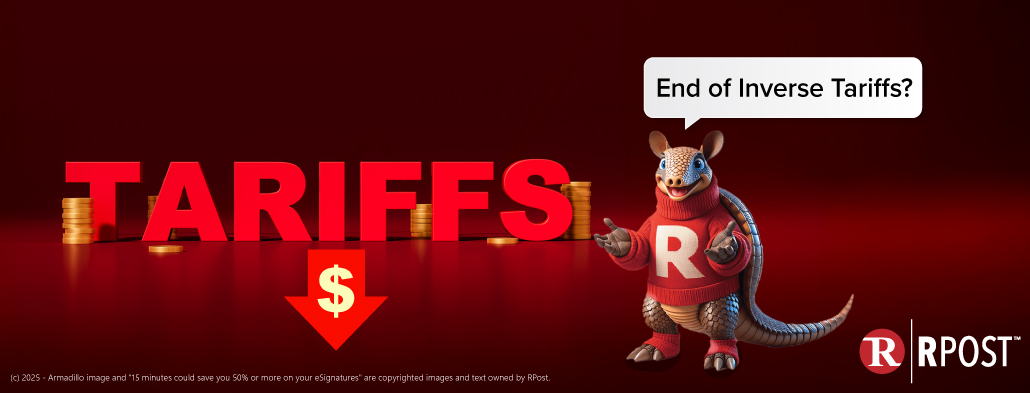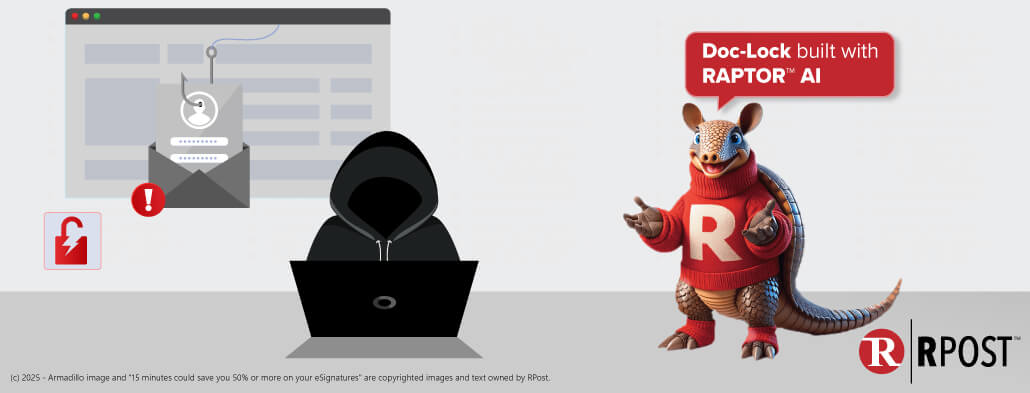
It’s a bad time to be a billionaire foreign leader, an oil tycoon, or a Hollywood mega-star (on second thought, it can’t be that bad, but…). While it’s no secret that the rich and powerful often hide away their assets offshore, the latest international journalistic (ICIJ) leak known as the Pandora Papers again illustrates the sophistication of these “asset-protection” structures. While some may find Shakira’s secret cash stash scandalous, most today are somewhat numb to the revelations… and think, “to be expected.”
Hardly anyone will shed a tear for these people, but this does raise questions (once again) about whether any private, attorney-client privileged information is truly safe from prying eyes. In other words, you don’t have to sympathize with Putin to wonder if your own sensitive legal arrangements or bank account statements can be exposed by anyone and with little in the way of legal recourse once exposed.
As we wrote in an article back in 2017 covering the Paradise Papers ICIJ leak, “This isn’t the first time this has happened. And won’t be the last. Previously the ICIJ exposed what has been dubbed the Panama Papers. This network of organized journalists has created a resourceful and tech savvy worldwide consortia that is intent on publicizing private client information — whether it be wealth and investment account information or strategic planning correspondence — on their websites, and then using their journalistic skills, to disseminate stories of hidden treasure to the world through their media outlets.” As predicted, it has happened again, and with no signs that this will be the last; as there’s really no international legal mechanism for containing these leaks. In fact, many members of western governments have praised the leaks for exposing global financial malfeasance – and potentially “deactivating” attorney-client privilege that might have otherwise been afforded.
We also wrote back in 2016 about how these leaks could render obsolete the protections of attorney-client privilege: “One might argue (and we will likely see these arguments more often) that in the new era of published leaks, attorney-client privilege is becoming obsolete.” After all, the leaked information is now in the public domain.
Back then we highlighted how, with RMail Executive Mode message-level encryption, a given email message and all attachments remain encrypted even within the recipient’s email inbox and are printed and encapsulated inside a PDF file, readable after decrypting in one’s PDF reader (outside of the recipient inbox, their email system, email archive – and even outside of Google’s view).
Know more:
Fast forward 5 years, and to keep ultra-sensitive parts of messages private, there is now electronic Disappearing Ink™ that makes it easy for senders to tag certain parts of an email message so that they disappear from within the email after delivery after a designated amount of time since sending, based on number of views, or time per view. Think of a remote-control way to “kill” certain content in email after you sent it (Sounds cool? Contact RMail for a how-to).
Look, if you’re Boris Badenov, and you’ve been stealing from your own people in order to buy a house in Malibu to shield your wealth from taxes and public knowledge, highly motivated professional hackers (with political agendas) may get to your information no matter what. For the rest of us, we can feel a little bit better knowing that these RMail features will still provide robust privacy protection keeping attorney client privilege intact, or your other strategic or financial information out of view (even out of Google’s view).

April 25, 2025

April 17, 2025

April 11, 2025

April 04, 2025

March 28, 2025